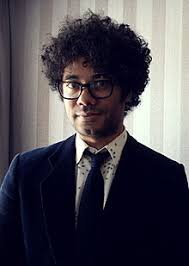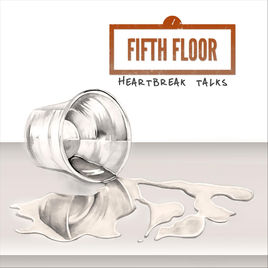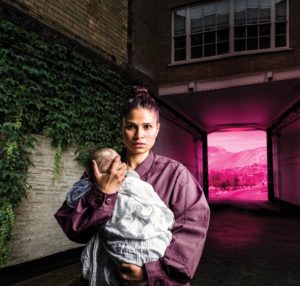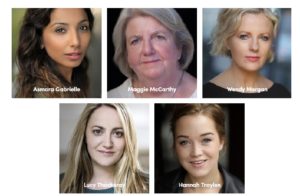 (3 / 5)
(3 / 5)
Irish singer-songwriter Megan O’Neill has just released a beautiful debut album that I would highly recommend listening to. Ghost of You is a lovely collection of songs that represent a wonderful opportunity for some easy listening on a summer’s afternoon. Served as a main course of ballads with a side of electric guitar-infused pop, it is a delectable album that gently tantalises the taste buds. You certainly wouldn’t refuse more.
Opening track Don’t Come Easy sets the scene, creating an expansive space which O’Neill fills with her gorgeous vocals. The electric guitar here helps open up the stage so that when we enter into the slow, soulful sound of Let’s Make One Up, its full potential can be realised. With a great guitar solo and the lovely addition of an electric organ, this is a fabulous blues-inspired track that ensures the walls around this album remain wide and open for the rest of its duration. Into this space, O’Neill then steps to sing a succession of piano-laden ballads, each one beautiful in its own way. The title track is one that could easily make it onto a mainstream radio playlist, reminding me of a stripped back version of an Anne Marie or Dua Lipa song. To place O’Neill alongside these artists is also to say that her vocals are second-to-none. In some ways, it is all about the voice. Whether echoed (Treading Water), amplified (Don’t Say It’s Over), emotionally-charged (Any Younger) or naturalistic (Lost a Love), here is an artist whose voice is the defining feature in every song. Perhaps that’s why the ballad suits Megan O’Neill so much. Instead of drawing you in, she fills the space; rather than edging closer to her, she comes to you. It is a different kind of closeness and intimacy. It works well.
My personal favourite on this album has to be Bottle. Having recently listened to Mind of Mine by Lisa Wright, there seems to be an alcoholic theme emerging in my UK country music collection. Both artists seem to be seeking solace in the wine bottle. Whereas Wright’s troubles are told in a musically-dissonant way though, O’Neill takes a much more familiar line, pouring her despair and yearning into a big vocal performance full of aching emotion. It doesn’t make it any less relatable though.
Following close behind in the standout tracks on Ghost of You is the final song, Lost a Love. Despite thinking that catchy crowd-pleaser Good Love would be the one that would stick in my head afterwards, I actually found Lost a Love to be the song that left an indelible mark on my mind. It is what I call a “proper country ballad”. It evokes the likes of Emmylou Harris or Beth Nielsen Chapman in its simplicity, reflectivity and poignancy. Moreover, there is so much emotional vitality and variety in O’Neill’s voice here. It is absolutely compelling. Truly four minutes to savour.
No wonder Megan O’Neill has reached No.1 in the Irish country music charts, shared a stage with Miranda Lambert and Kip Moore, and appeared numerous times at C2C. She has an immense voice and a great songwriting talent which combine here to make a truly wonderful album. As debuts go, Ghost of You is more than pretty good. Full of ballads dealing with love and loss, it is engaging on every level. I’d encourage you to check it out.
Click here to sample some of her tracks.

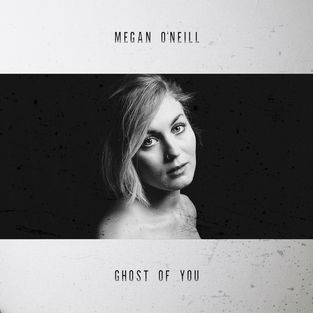

 (4 / 5)
(4 / 5)
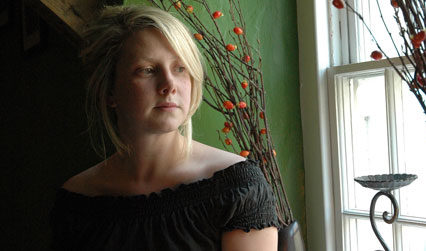
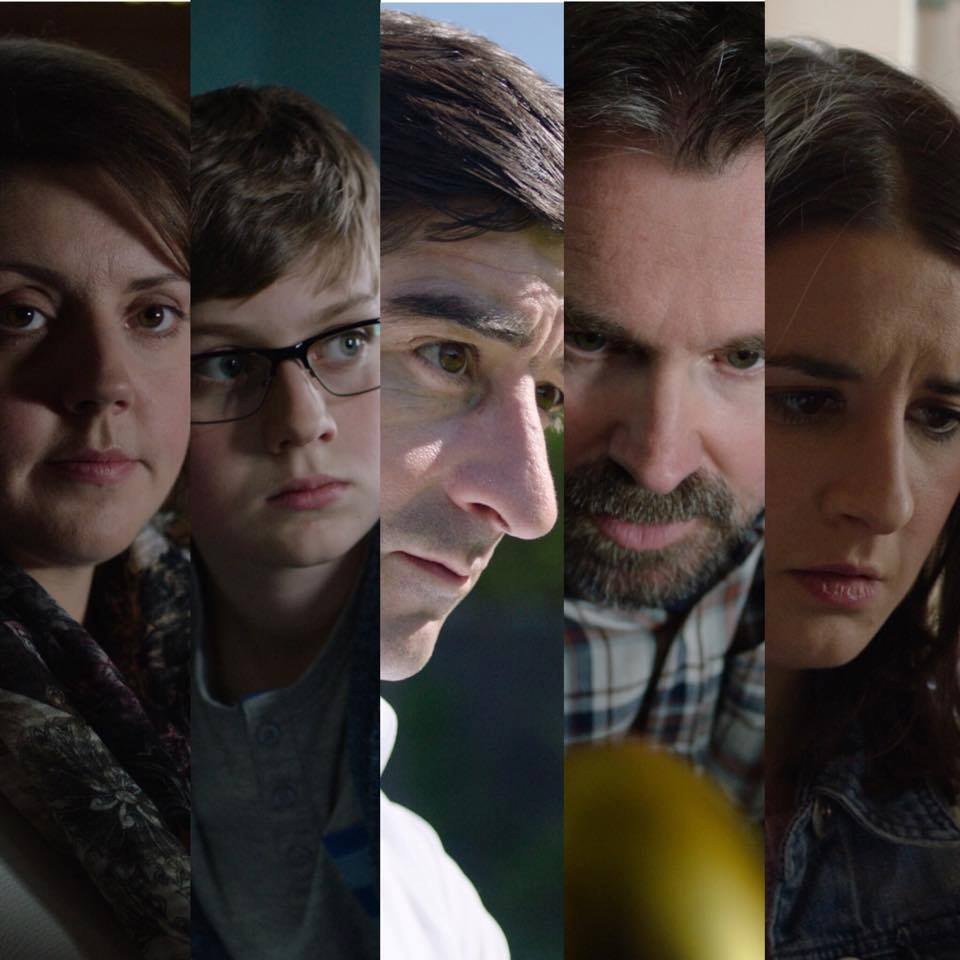

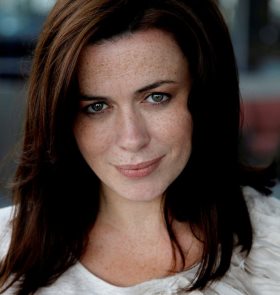
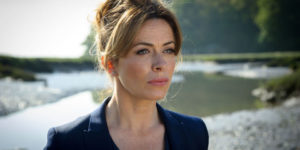



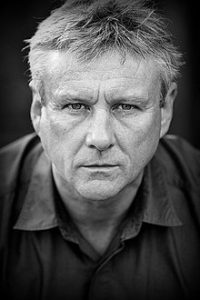
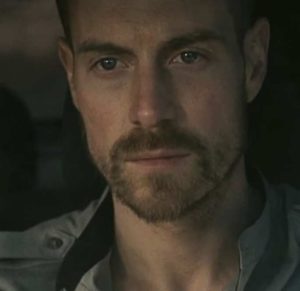

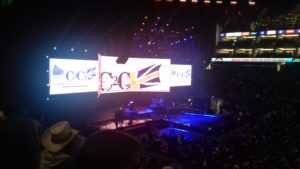
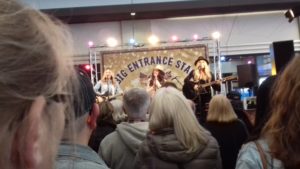

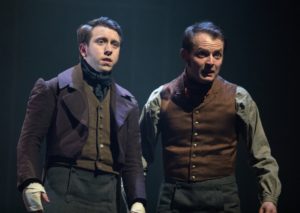
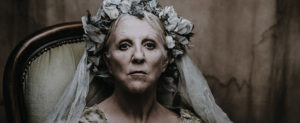
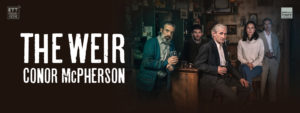
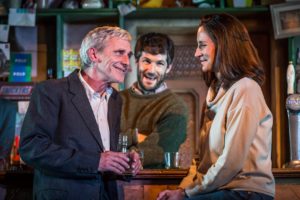


 (5 / 5)
(5 / 5)


